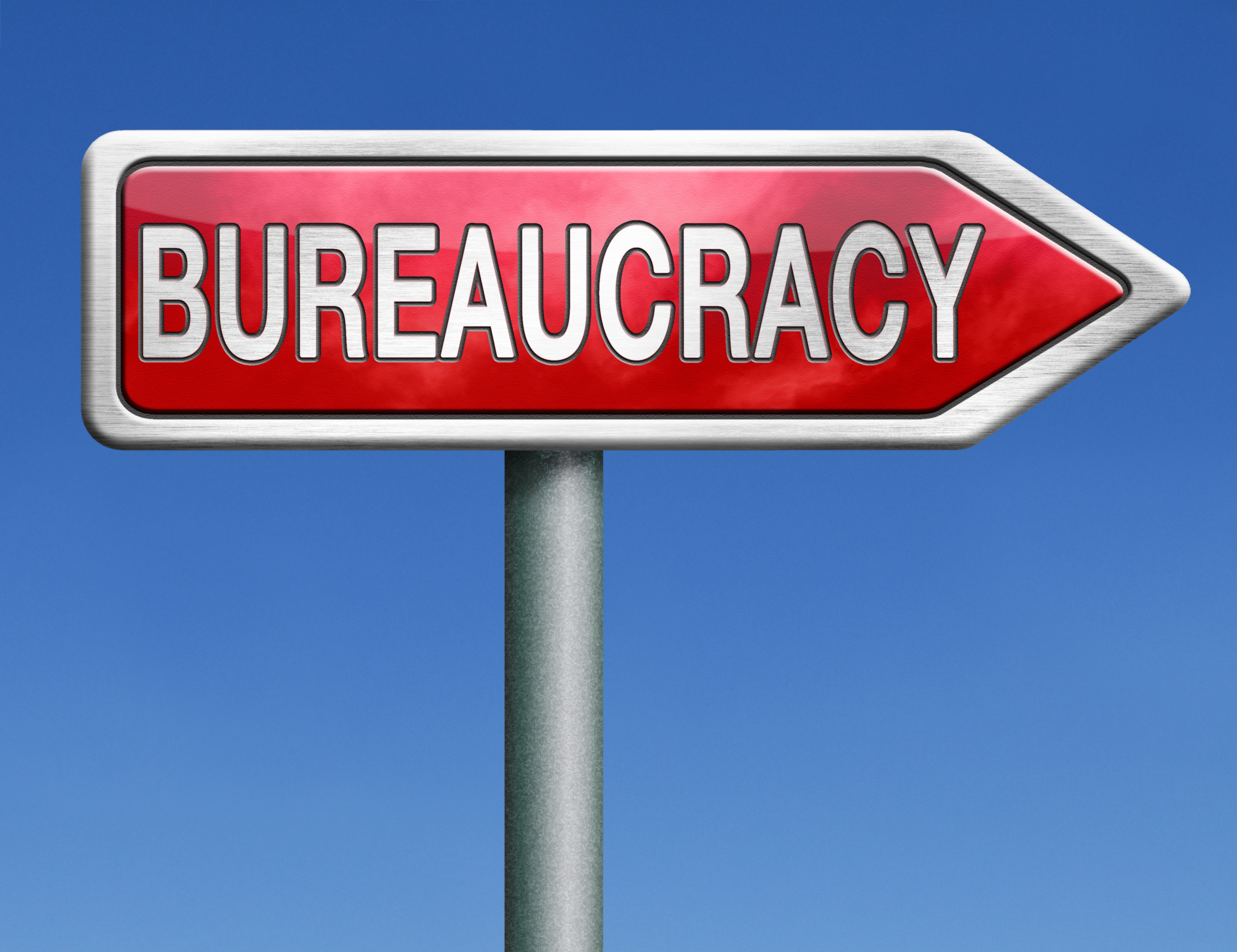Essay on Formal Organisation and Bureaucracy – The earliest use of the term ‘bureaucracy’ was made by the economist Vincent De Gournay. Due to the efforts of Max Weber the term assumed its sociological importance in the beginning of the 20th century.
Sociologists are using this term in two ways:
ADVERTISEMENTS:
(i) According to Talcott Parsons ‘bureaucracy”, represents one of the most salient structural characteristics of the modern Western Society. In a loose sense, the relatively large-scale organisations with specialised functions can be called bureaucracies.
(ii) According to W.R. Scoot, P.M. Blau the term bureaucracy has a restricted meaning. They have stated in their “Formal Organisations” that the term bureaucracy must be “used neutrally to refer to the administrative aspects of organisations.”
Characteristics of Bureaucracy:
Max Weber’s “Wirtschaft Und Gesellschaft”, “The Theory of Social and Economic Organisation”, “Bureaucracy”, “Organisation” and other writings provide us more details regarding bureaucracy and its characteristics. It was he who for the first time made a sociological analysis of bureaucracy. According to him, bureaucracy reveals the following characteristics:
ADVERTISEMENTS:
Bureaucracies have:
1. Fixed areas of official jurisdiction governed by laws and regulations,
2. Offices organised on the basis of a clear hierarchy of authority,
3. Administration based on written documents and conducted according to procedures for which special training is required,
ADVERTISEMENTS:
4. Personally free officials appointed on the basis of technical qualifications,
5. Officials who are employed en full-time basis and subject to strict discipline,
6. The officials who are employed must know the distinction between their private affairs and public affairs. The misappropriation of the office or that of the means of administration is disapproved and forbidden,
7. The official of the bureaucracy has a career, in which the promotion is governed by seniority or merit,
8. The officials are also paid a fixed salary, according to their ranks. Generally, they are paid pensions,
9. The officials maintain contact and communications among themselves in a particular way. Orders and communications among them always proceed through “proper channels.”
10. Bureaucracy normally has an office of its own and all the documents pertaining to its business are maintained in files.
Criticism of Max Weber’s Theory of Bureaucracy
Max Weber has made use of historical data in order to establish his propositions about the characteristics of “bureaucracy.” He tries to describe a so-called ‘pure’ or ‘ideal’ type of bureaucracy, the characteristics of which are functionally connected with the rationality or efficiency of organisation.
It means, his ‘pure’ type of bureaucracy seems to be a set of hypotheses concerning the institutional characteristics of the most efficient kind of organisation. Many of Weber’s propositions have been accepted by the critics, but some have been criticised. Some of the main criticisms are as follows:
1. Weber failed to distinguish markedly different types and sub-types of highly rationalised bureaucracy.
2. Even those of his hypotheses that are considered to be more reasonable, need much more empirical verification and specification before they can be accepted as scientifically established.
3. Weber neglected the dysfunctional or the negative aspects of certain features of modern organisations

